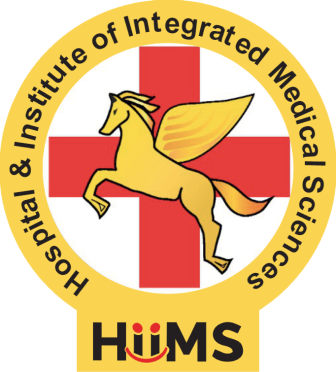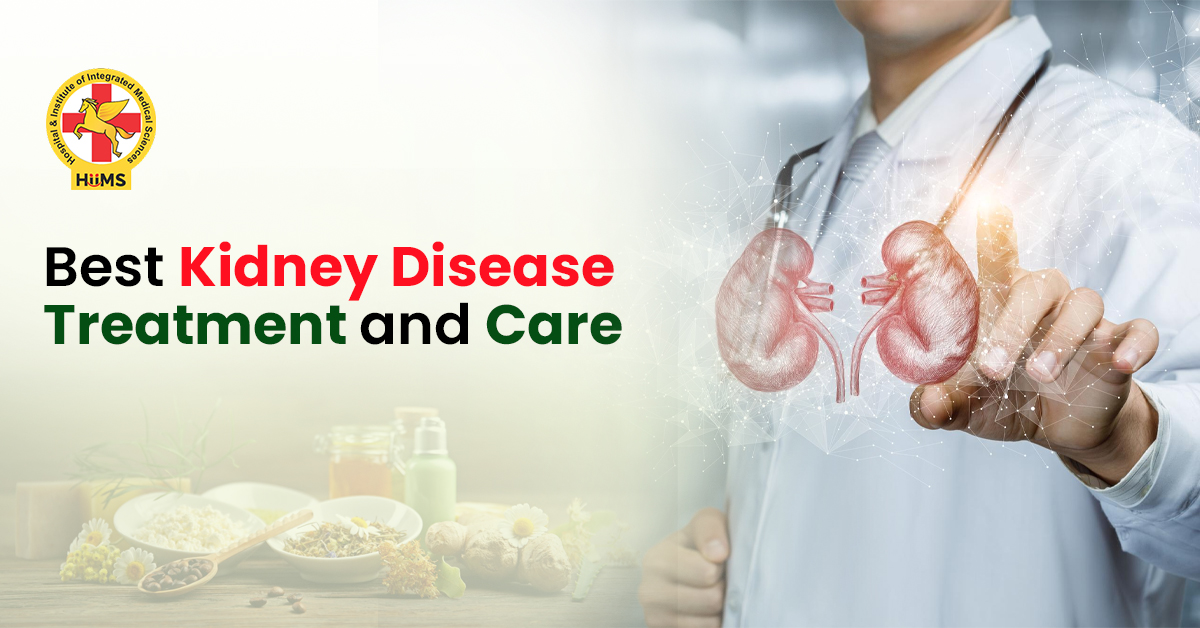Kidneys often work silently, out of our sight, and we notice them only when something feels irregular, such as a bit of swelling in the lower limbs, low energy, or a change in urine pattern. This blog keeps things simple, no heavy words, no medical confusion. In this, we will look at what kidneys do, what can go wrong, including early kidney disease, and the steps you can take at home alongside professional care.
If you already worry about your health, or if a family member feels a little different, this blog will guide you clearly. It will explain how everyday choices like drinking water, sleep, and food affect your organs, and when a visit to a specialist matters. Read on for straightforward tips, small habit changes, and a calm path to talk with your provider.
By the end you will know what to watch for, how to support your body, and when to seek help. This is practical, not scary, and simple to begin with.
What Your Kidneys Actually Do
Your kidneys filter waste from the blood and balance water and salts. They also help keep your energy steady. Think of them like a filter that quietly does its job, until it doesn’t.
What Kidney Disease Means
When kidneys slow, waste builds up and you may feel tired. Early discomforts like swollen feet, odd urine, and low appetite are easy to ignore, so small changes are worth noting.
Common Causes & Symptoms of Kidney Disease
Daily habits add up: too much salt, little water, late-night meals, and long-term stress. Long-standing conditions such as diabetes and high blood pressure wear the kidneys out over time. Some medications, infections, and environmental factors can also add to the risk.
Early Symptoms You Should Not Ignore
Watch for lasting tiredness, puffy ankles, foamy urine, or loss of appetite. Sleep disturbances, muscle cramps, or persistent itching may start slowly and feel normal at first—but they deserve attention.
When to Visit a Kidney Doctor
If swelling continues, energy falls, or urine changes, consult a kidney doctor for tests. Timely checks at a trusted kidney hospital help shape any kidney treatment you might need and keep more options open.
Natural Ways to Support Kidney Health Daily
Sip water steadily through the day instead of gulping; choose fresh meals, cut down salt, and avoid processed snacks. A short daily walk or gentle yoga keeps circulation moving. Short breathing exercises and steady sleep help reduce stress and lower daily wear on the organs.
Small, steady substitutions, like one fried snack replaced by fruit, trimming a spoon of salt, or twenty minutes of walking, add up fast. These tiny shifts support longer-term recovery and reduce reliance on harsh interventions.
How Ayurveda Understands Kidney Imbalance
Ayurveda focuses on digestion, routine, and gentle cleansing to lower toxin load and restore balance. Herbal supports may be suggested as additional treatments, but they should always be coordinated with ongoing kidney treatment or therapies.
Kidney Care Approach at Jeena Sikho Derabassi
Care starts with tests and a clear, personalised plan. Practitioners combine diet, daily routine, and monitored therapies in a calm setting, working with your kidney doctor to keep the path gentle and practical.
Key Supportive Therapies Used for Kidney Wellness at Jeena Sikho HiiMS Derabassi
- Detox & Cleansing Support — gentle cleanses that reduce strain and give the kidneys rest.
- Circulation-Based Therapies — methods to improve blood flow and support natural filtering.
- Kidney-Friendly Diet Plans — plant-based, seasonal meals with a raw–cooked balance.
- Herbal Support — selected herbs, used carefully alongside medical monitoring.
- GRAD System — HDT, HWI, and the DIP diet are mild, non-invasive tools used to help circulation and kidney activity.
How Jeena Sikho HiiMS Derabassi Gives Holistic Kidney Support
The centre offers diet coaching, routine advice, and regular follow-ups. They track progress with simple tests and adapt plans month to month. A support team answers questions and keeps follow-ups gentle and regular. This guided approach helps patients build lasting habits instead of chasing quick fixes.
Daily Diet & Lifestyle Tips for Kidney Patients
Take fruits, light soups, whole grains, and simple home-cooked meals. Avoid salty snacks, packaged goods, and extra sugary drinks. Keep your fluids balanced as your kidney doctor suggests, and take small breathing breaks during the day. You can also keep a tiny record of your salt, water, and sleep to stay on track.
Why Natural Kidney Management Is a Sustainable Path
Slow, steady habit changes reduce long-term strain and often improve daily energy. Monitored, gradual plans can limit the need for aggressive steps while boosting quality of life. Trust a good kidney hospital and your medical team to keep progress safe and sensible.
Conclusion
To wrap up, steady small changes protect the kidneys and slow the progress of Kidney disease while keeping daily life normal. Track your water, reduce salt, move a little each day, and follow advice from a trusted kidney doctor. If tests show changes, a guided kidney treatment plan at a reliable kidney hospital keeps you safe.
Remember, early attention slows decline in kidney disease and keeps options open.
For personalised advice by our experienced doctor at Jeena Sikho HiiMS Derabassi, call +91 82704-82704 or email care@jeenasikho.com.
FAQs
Q1. Can lifestyle changes help with kidney concerns?
Lifestyle shifts plus supervised kidney treatment often reduce strain and support recovery over time.
Q2. When should I see a specialist?
See a kidney doctor if swelling, ongoing fatigue, or marked urine changes appear.
Q3. Is herbal support safe for kidney issues?
Herbal options can be supportive but should be used only with supervision from a kidney doctor or the kidney hospital team.
Q4. What foods should be limited for kidney health?
Limit salty snacks, packaged foods, and sugary drinks to reduce the burden on the kidneys.
Q5. How soon will I notice improvements?
Improvements vary by case; consistent diet, movement, and monitored kidney treatment usually show gradual gains.

